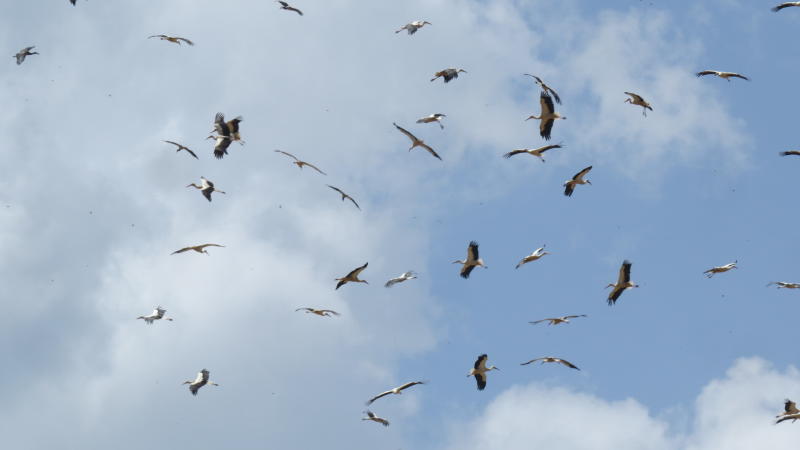×
The Standard e-Paper
Kenya’s Boldest Voice

United Nations wildlife treaties and conservationists have singled out plastic pollution as a major threat to migratory birds as the world marks Migratory Birds’ Day today.